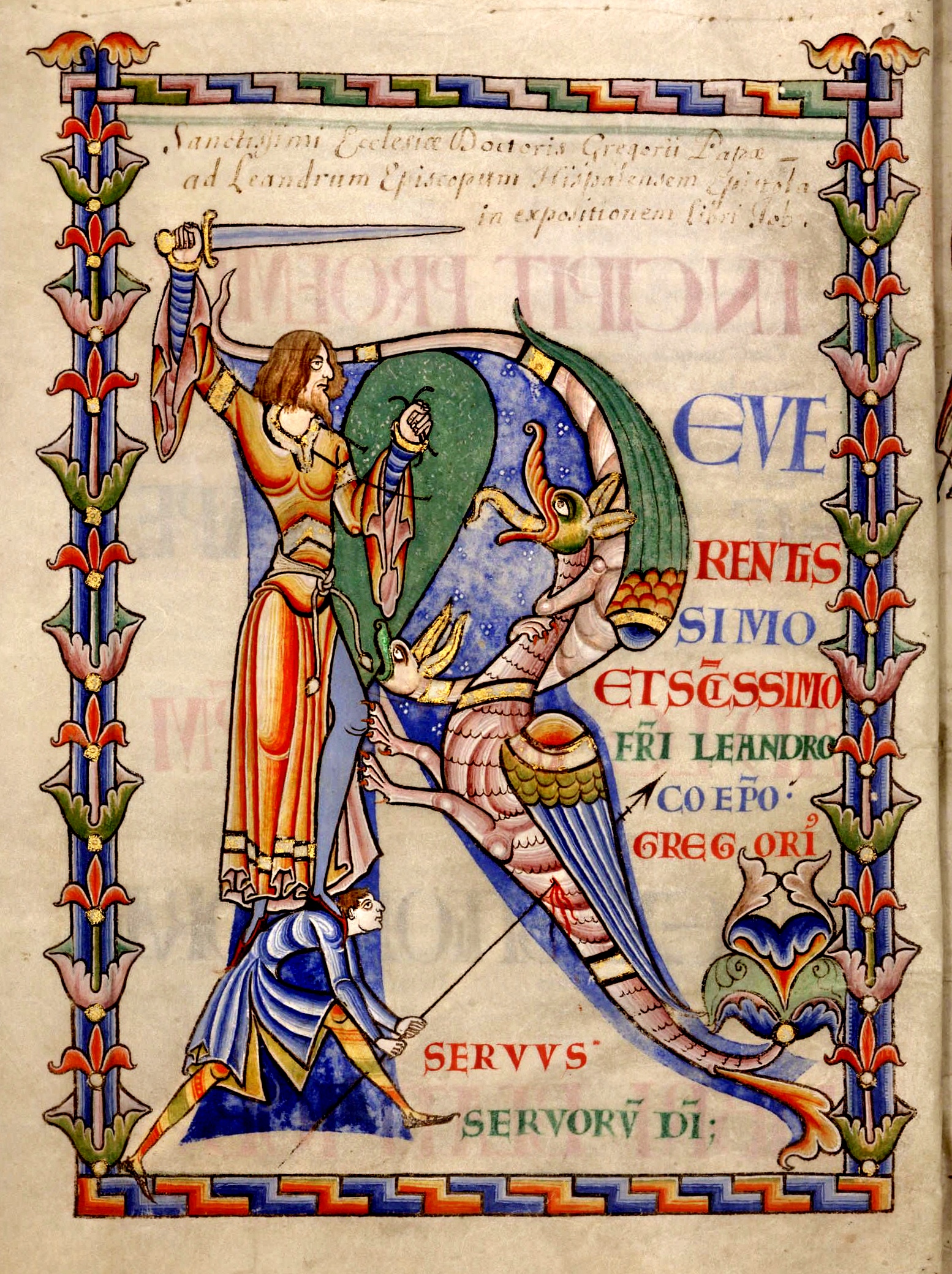 An eorl is an earl, a noble person, sometimes a relative of the king, who acts as a local governor within a king’s domain. Eorl is the same word as the Old Norse jarl, meaning a hereditary chieftain, then later a noble person holding a rank just under the king. The eorl and the jarl are in charge of vast lands and lots of people. In Britain, before there were earls or kings, the Romans ran the place and for a brief moment ran the entire Roman empire from Britain until they abandoned it around the year 410, leaving behind a population without a stable government and who still saw themselves as Roman. When a government packs up and leaves they don’t just shut off the lights. Within the next century and a half, the people organized themselves into a government that looked much like the old one, establishing kingdoms with laws governed regionally by an eorl acting in the name of the king, just as the old Roman governors ruled in the name of the Emperor.
An eorl is an earl, a noble person, sometimes a relative of the king, who acts as a local governor within a king’s domain. Eorl is the same word as the Old Norse jarl, meaning a hereditary chieftain, then later a noble person holding a rank just under the king. The eorl and the jarl are in charge of vast lands and lots of people. In Britain, before there were earls or kings, the Romans ran the place and for a brief moment ran the entire Roman empire from Britain until they abandoned it around the year 410, leaving behind a population without a stable government and who still saw themselves as Roman. When a government packs up and leaves they don’t just shut off the lights. Within the next century and a half, the people organized themselves into a government that looked much like the old one, establishing kingdoms with laws governed regionally by an eorl acting in the name of the king, just as the old Roman governors ruled in the name of the Emperor.
The first time we hear about an eorl in Old English happens in a twelfth century manuscript called the Textus Roffensis. This book begins with a copy of a much older collection of laws decreed by King Æðelberht who ruled Kent from 565 until he died in 616. Starting on the last line of the first page we have this earliest mention of an eorl:
Gif on eorles tune man mannan
ofslæhþ XII gebete. Gif wið eorles
birele man geligeþ XII scill gebete.
If in an earl’s town, a person slays a person,
twelve shillings to make amends. If with an earl’s
cup bearer a person lies, twelve shillings to make amends.
These were equal crimes in the eyes of King Æðelberht. About a hundred years later when Æðelberht’s grandson Hloðhere and great grandson Eadric were kings making decrees, killing an eorl would cost you three hundred shillings worth of making amends. Don’t kill the eorl. If you must break the law it’s much cheaper to sleep with the cup bearer.
These laws, these lists of compensations for crimes, for property damage, detailed lists of the values of specific maimed body parts, were decreed by kings who presided over a multicultural patchwork of religious customs and societal norms, as the people had always lived going back to the start of Roman rule. With no Roman government, kingdoms happened by necessity. Somebody had to be in charge of busy market communities, trade, taxation, because there are real costs in defending these places, and as that somebody’s lands increased in size, they needed help they could trust. They needed somebody else with extensive lands and the respect or at least the deference of the community. This was the eorl. The eorl held masses of land, had several thegns working for him, all of whom also held at least enough farmland to support a family and sometimes much more. Below the thegns were the ceorls, a class of free laborers who were at least not slaves, who were plentiful: acquired via purchase or the settlement of debts, or captured during warfare. It’s after the Norman conquest in 1066 we see the insertion of more noble classes into this hierarchy, of course above the existing eorls; this is when Britain acquired their first dukes and marquises, and the eorl ended up on the same level as the Norman counts. The earliest eorls acted as judges presiding over disputes as well as generals raising armies. Their power would wax and wane under the Normans until their function was replaced mostly by sheriffs, and the earls ended up as they exist today: high status people with very little power.



